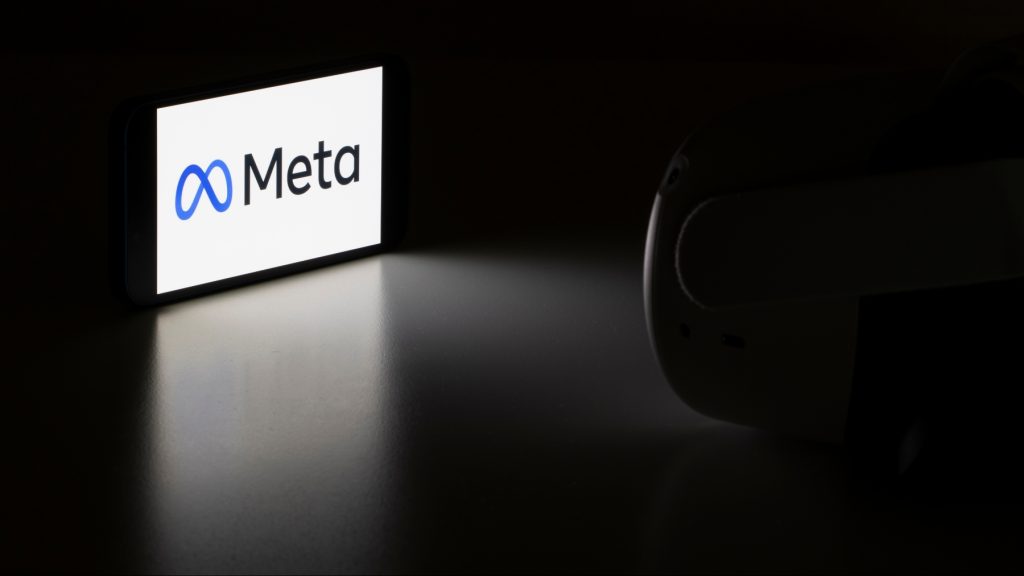Will Meta's New AR Glasses Replace Smartphones by 2027?
Imagine wearing glasses that allow you to see digital content right in front of your eyes. Meta, formerly known as Facebook, has turned this concept into reality with their latest creation, Orion AR glasses. Resembling ordinary reading glasses, these glasses utilize holographic projection to display graphics in your field of view. Meta's CEO, Mark Zuckerberg, asserts that they are the most advanced glasses ever created and will eventually supplant smartphones. But is this purely hype, or will AR glasses truly revolutionize our lives in unforeseen ways?
The Evolution of AR Technology
The technology behind Orion is not novel. In the 1960s, computer scientist Ivan Sutherland developed the first AR head-mounted display. Subsequently, in the 1980s, Canadian engineer Stephen Mann fashioned the initial glasses-like prototype. Progress continued throughout the 1990s, with researchers and technology companies enhancing this technology, primarily focusing on military and industrial applications.

Google introduced Google Glass in 2013, but consumers exhibited little interest due to privacy concerns, high costs, and limited functionality. Despite this, companies such as Microsoft, Apple, and Meta persisted in advancing AR glasses.
Meta's Claim to Superiority
Meta asserts that Orion is the most sophisticated AR glasses for several reasons:
- Before AR glasses can become ubiquitous, Meta needs to overcome multiple challenges:
Similar to smartphones in the 2000s, early adopters will perceive more advantages than drawbacks in AR glasses, creating a niche market that will gradually expand. Meta intends to establish a digital platform and ecosystem around Orion, enabling applications in education, remote work, and enhanced collaboration tools.
Smart glasses are already utilized in industries such as logistics and healthcare. Meta aims to introduce Orion to the general public in 2027. By then, advancements in AI may render virtual assistants more capable, potentially diminishing the necessity for cumbersome smartphones. This transition could be valued at US$370 billion by 2034, based on research within the AR and VR headset industry.
Debates on Productivity and Well-being
Experts hold differing views on the impact of smartphone technology on productivity and well-being. Some argue that smartphones have increased connectivity and access to information, while others contend that they generate additional work, distractions, and mental exhaustion.
Meta believes that AR glasses will boost productivity by providing hands-free data access, expedited communication, and data visualization. Consultancy firm Deloitte corroborates this, suggesting that smart glasses could reduce human errors and monitor the wearer's health and well-being. Nonetheless, these benefits hinge on how effectively companies like Meta tackle the challenges associated with AR glasses.

The Road to Smartphone Replacement
The transition from smartphones to AR glasses will present challenges for Meta. They must surmount technical, physiological, and psychological obstacles to ensure Orion's success. If they can accomplish this, AR glasses have the potential to transform how we engage with technology and the world around us.
What are your thoughts on Meta's Orion AR glasses? Do you believe they will outpace smartphones, or do you view them as just another technological fad? Share your insights and encounters with AR technology below. And remember to subscribe for the latest updates on AI and AGI advancements.




















